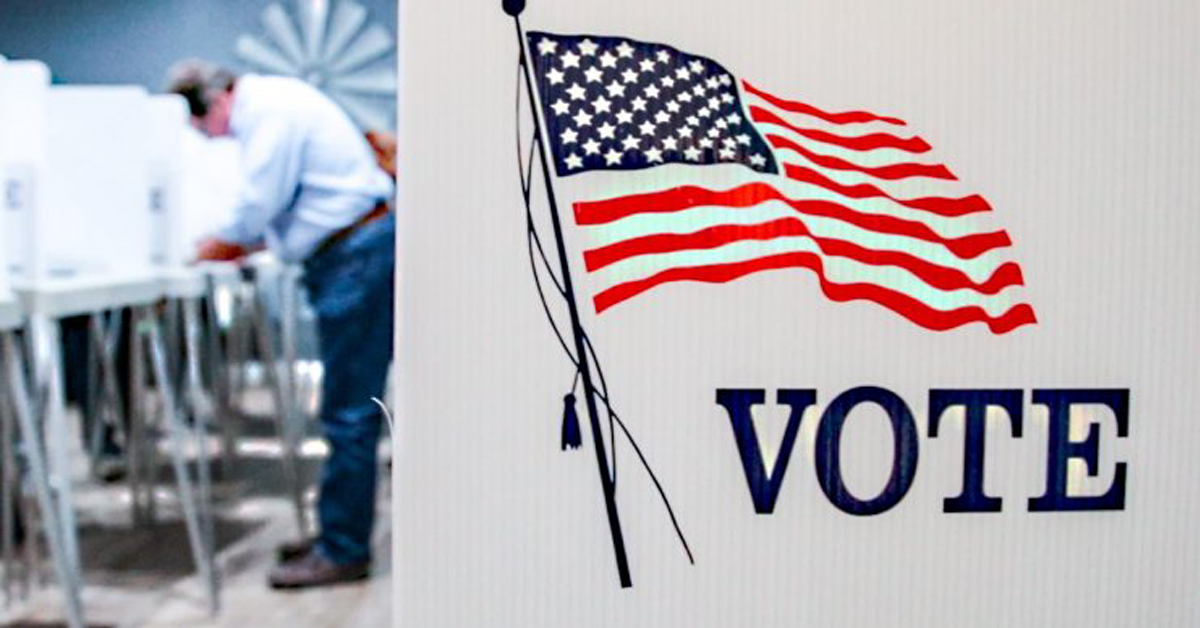As California’s June Primary comes to a close, the Golden State is reckoning with whether its unique method of voting in primaries is living up to the promises made by backers of a 2010 constitutional amendment.
For one lawmaker, Asm. Kevin Kiley (R–Rocklin), the answer is decidedly “no.”
Tuesday, Kiley introduced his own amendment to the California Constitution to scrap the state’s Top 2 primary system.
Assembly Constitutional Amendment 16 would require first a two-thirds vote in both the Assembly and the Senate, then follow with a majority of California voters.
“The Top 2 Primary is making a farce of our democracy with gamesmanship, fluke outcomes, and the disenfranchisement of independent voters,” said Kiley. “After 10 years of broken promises, it’s time to end this failed experiment once and for all.”
The “top-two” primary system in California was adopted in June of 2010 with the passage of Proposition 14.
On January 1, 2011 the proposition took effect and amended Section 5 of Article II of the California Constitution.
Prop. 14 added to Section 5(a) that “the candidates who are the top two vote-getters at a voter-nominated primary election for a congressional or state elective office shall, regardless of party preference, compete in the ensuing general election.”
“Proposition 14 created a single ballot for primary elections, rather than multiple ballots based on political party, for elected statewide and legislative officials, members of the U.S. Senate, and members of the U.S. House,” as mentioned on Ballotpedia. “The measure prohibited political parties from nominating candidates in a primary, although political parties were allowed to endorse, support, or oppose candidates. Proposition 14 did not affect partisan primary elections for president or political party officers.”
“Proponents of the Top 2 Primary system argued that it would lead to increased voter participation, less partisanship, and more competitive races, but none of these outcomes have materialized,” Kiley argued. “ACA 16 would address a number of bipartisan frustrations with the current primary system that has led to multiple instances of Republicans and Democrats being unrepresented in November legislative runoffs.”
In 2018, the San Diego Union Tribute editorial board supported the idea of ridding of the Jungle Primary and reported about how hated it was mentioning:
Now, four years later, what’s come to be known as the “jungle primary” is again facing ferocious criticism from partisans.
Democrats hate the fact that with so many Democratic candidates splitting the vote, it’s possible that two Republicans could advance to the fall runoff in some of the seven highly contested California House seats now held by the GOP. Republicans hate the fact that there’s a chance two Democrats could advance in the governor’s race, thus potentially depressing GOP turnout in November.
They supported their claims with these reasonings:
“In an era of heavy partisanship and polarization, the view that it is unhealthy to give too much gate-keeping power to the two major parties is more appealing than ever — especially given their declining support. Gallup has reported way more independents than either Democrats or Republicans since 2011, and the gap is widening. Last year, Gallup found independents at 42 percent, Democrats at 29 percent and Republicans at 27 percent.”
Former chairman of the California Republican Party Ron Nehring and Sacramento-based Democratic strategist Steve Maviglio criticized the primary election system with the following statement:
“Just as the top-two primary has created opportunities to game the system, it has produced quirky results that have denied millions of Californians the chance to vote for like-minded candidates in general elections. Two out of three U.S. Senate races and 12% of all congressional races under this system have featured two candidates from the same party.”
“The top-two primary has spawned cynical campaign tactics, forced millions of voters to choose between two unsatisfactory options in the fall and produced bizarre results. It’s time to declare this experiment a failure and move on.”
Despite some bipartisan consensus, there are significant barriers ahead to have voters, once again, completely alter California’s election model.











